Saada
The familiar unfamiliar
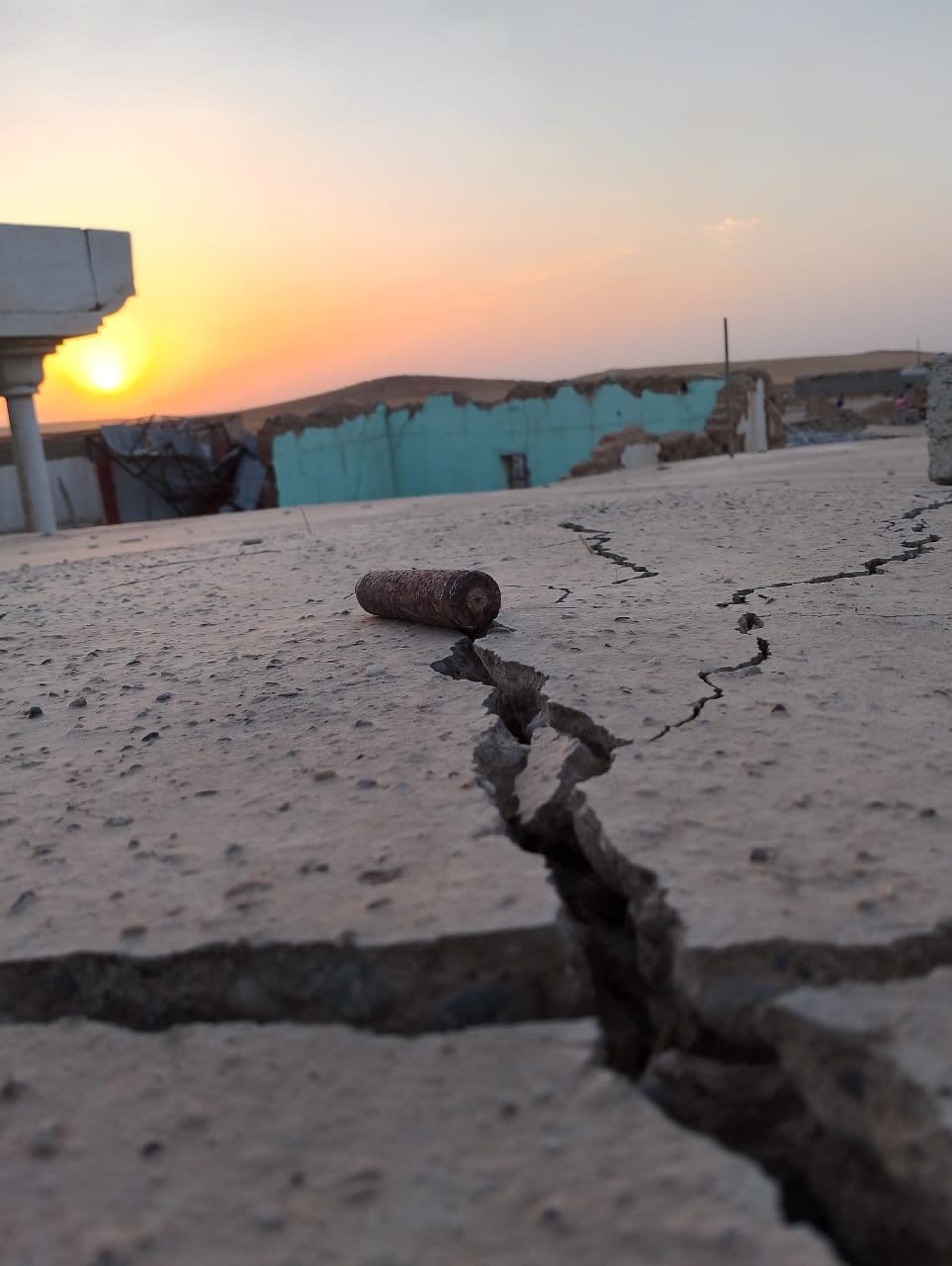
My name is Saada, I'm 27 years old with a degree in translation from the College of Languages and now studying English in Sharya. I have a two year old daughter who fills me with joy.
[Since this interview, Saada and her family managed to return back to Dugure through support from IOM]
Familiarity of place
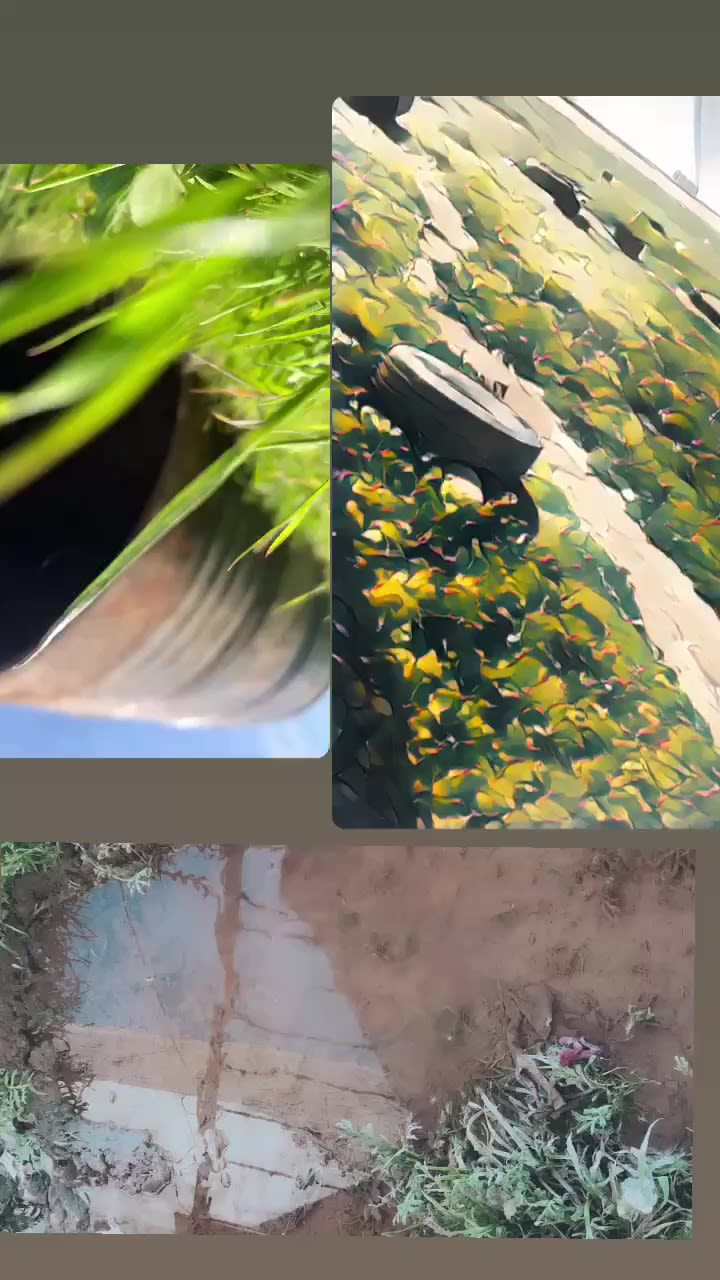
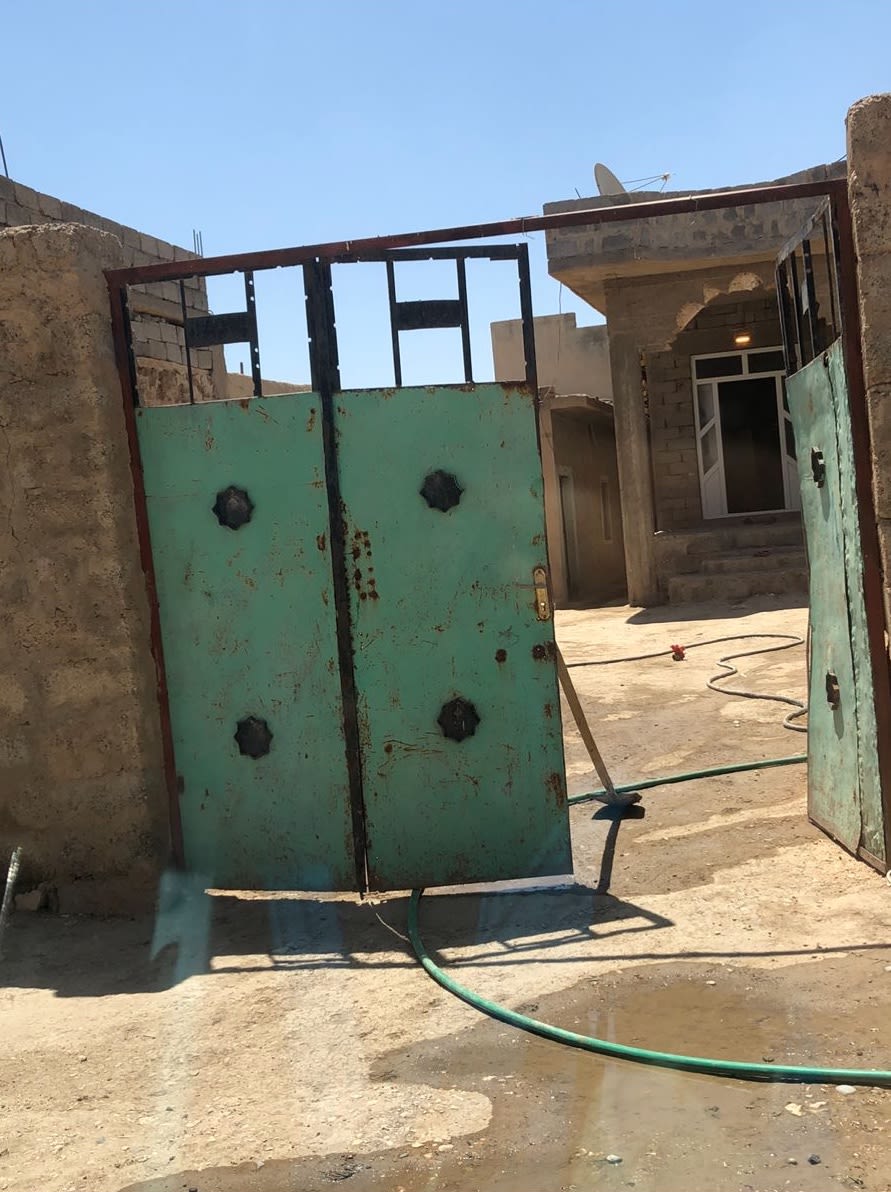
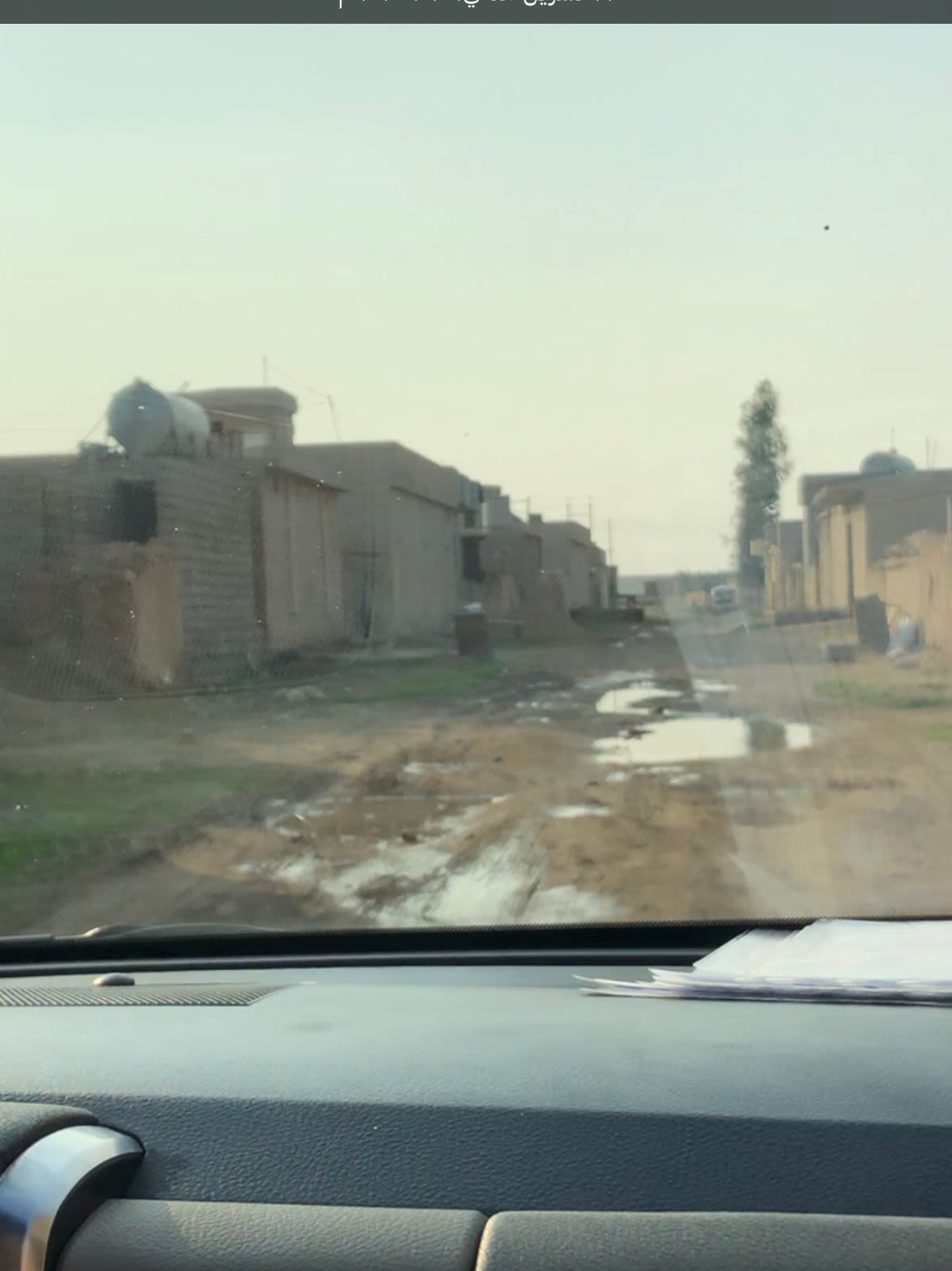
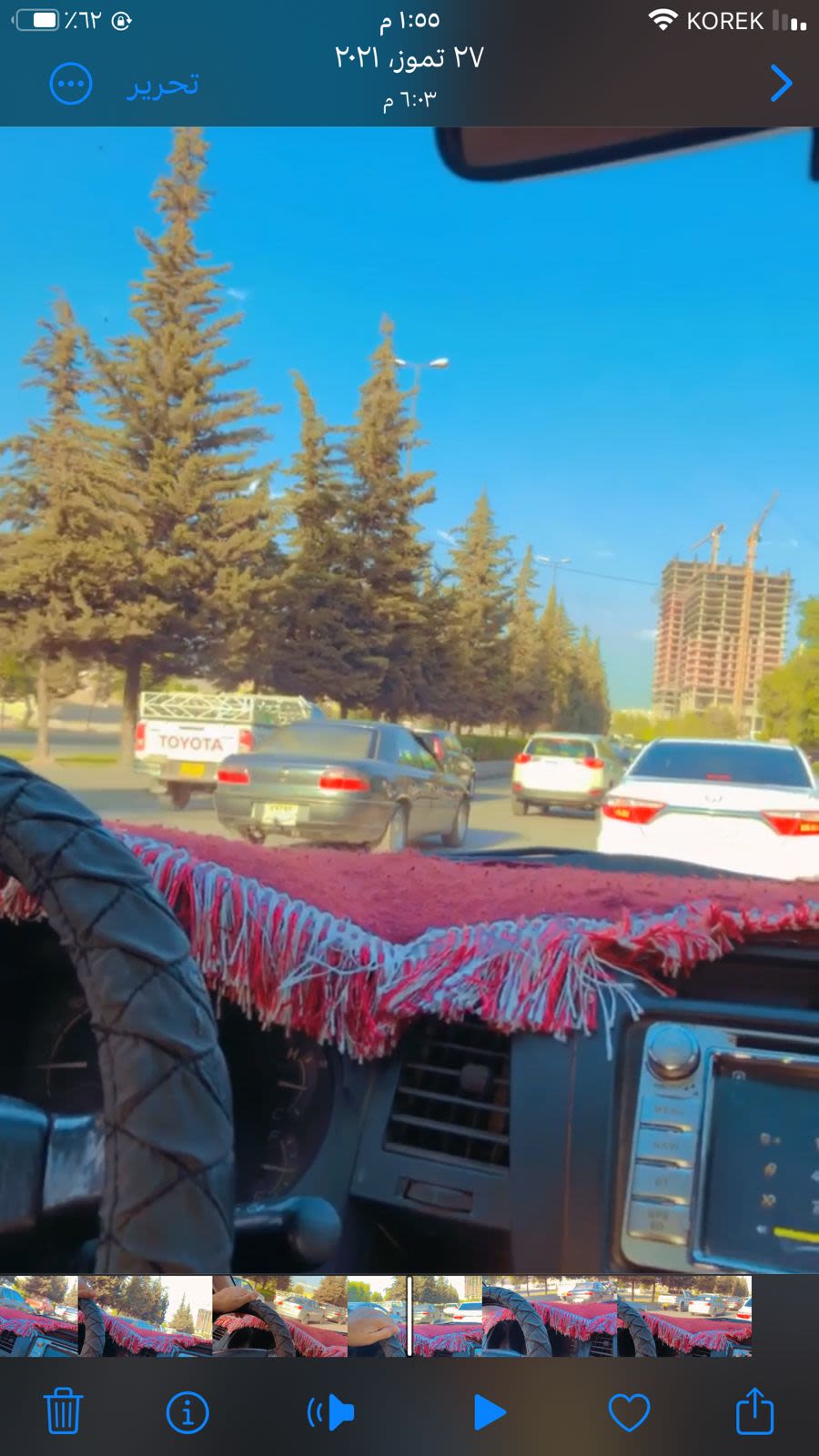
Back then (before 2014) our lives were tough but simple. We are a large family and we all lived in one house in Dugure.
We felt free, our family and relatives all lived around us and we used to all stay up late enjoying each other’s company.
My family’s work was in agriculture, our life was simple, we planted, leeks, cucumbers and eggplants. The house was made of mud and clay and the streets were hard uneven earth.
Our street consisted of around 20 houses, all of the families are my relatives.
This is commonplace, because often areas of a village are designated to a particular clan or two who belong to the same Yazidi ancestry.
Unlike our village, the streets in Duhok are paved with high rise buildings, but I preferred our life back in Sinjar. It was homely, simple and we felt comfortable with our life.
In Sharya things are different from our life back in Shingal
The lights in our home in Shingal is different to the lights we have here. Even the colour of the light is different.
The light here is white but the one we had in Shingal is yellow.
In Shingal you could see the wires and the connections. You could trace a cable and see how it links to the other lights and the fans but here in Sharya, all the wiring is hidden behind the switch on the wall.
The new
The old
I miss the old houses in Shingal and the lightbulbs and light colour and the exposed wires and that’s what I drew during the workshops we did for this project.
We used to gather around a source of light and chat and play, there was no social media and no internet. Even though electricity was only there for one hour or two a day back in Shingal, we used to use candles and oil lamps.
Despite all of that, emotionally and mentally we felt comfortable.
These different light switches feels symbolic of our lives then and now.
Life was simple, and all our social interactions were visible and felt, they weren’t hidden and complex like now.
Now even children have too much responsibility, and I don’t feel comfortable about it. Not like before when children had nothing to worry about.
Displaced beginnings
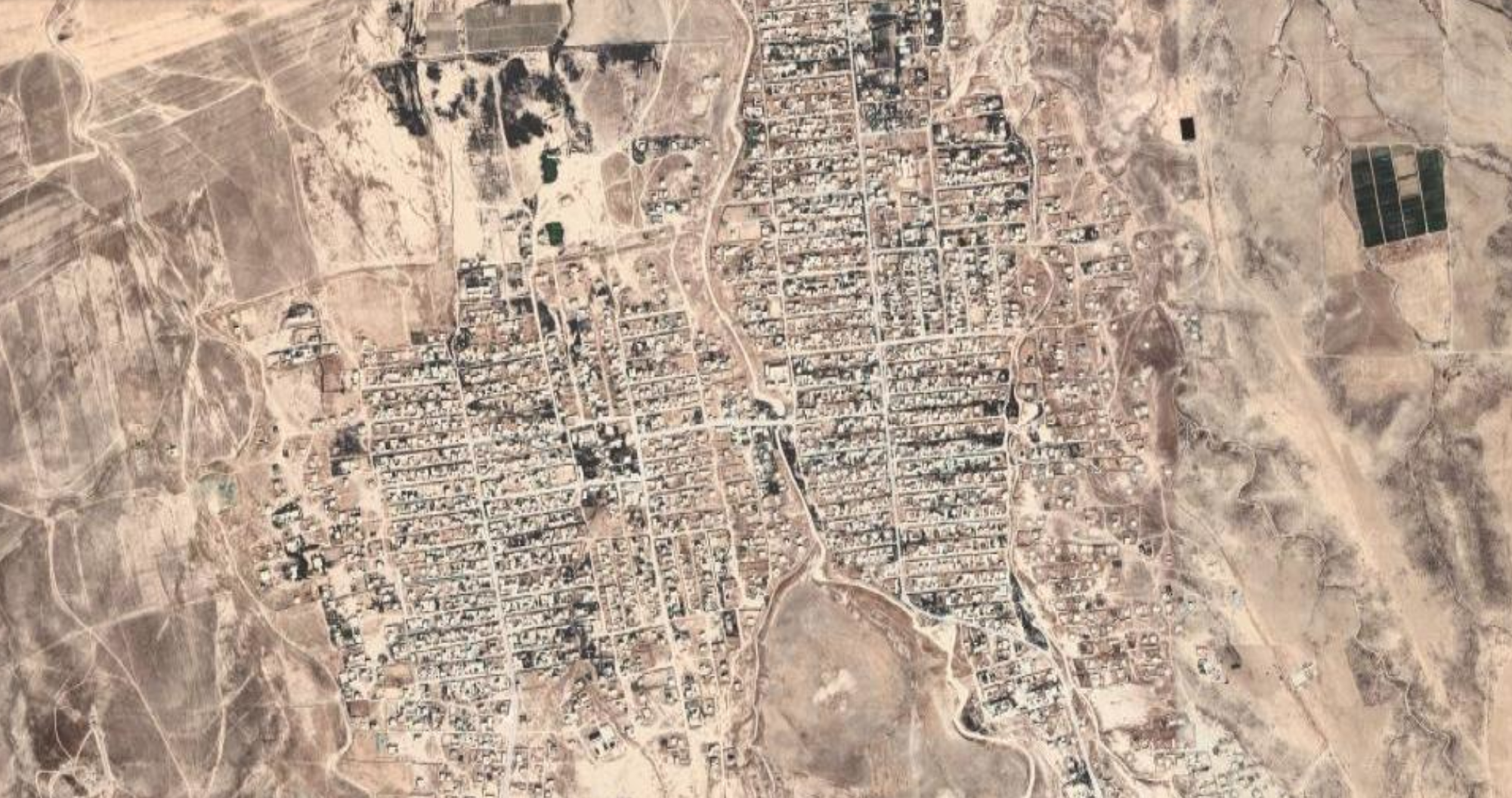
It was 6am on the 3rd of August around the Yazidi Eid. The night before we were enjoying the family and relatives get together. We were shocked to hear about ISIS making their advances over the phone early in the morning when one of my father’s relatives called from the south of Sinjar saying that the terrorists (Daesh) are killing a lot of men and taking women and children.
We didn’t know what to do or where to go. My family went into our street and spoke to the neighbours and then we decided to leave towards the Mountain.
We remained at home until the 2nd day after the attack, so that our family who lived south of the mountain could reach us.
We left the village by car, but we were surprised to hear that Rabia was already controlled by Daesh.
The PPK opened the border with Syria, so we entered Syria through Thabet Al Beedh village and then Kamshelo.
We then crossed the river on the bridge back to Kurdistan Iraq and into the Bajed Kandala camp.
We stayed there for two weeks before moving to Sharya.
We lived in Sharya in an incomplete structure alongside many other displaced Yazidis.
The rest of my family left Iraq, my two sisters and my brother went to Australia, and my other brother went to Germany. I am the oldest sister and I am the only one left in Iraq from my family… protecting Iraq! (laughing).
With no means to leave Iraq, my husband and I decided to stay in Sharya. I am now living with my husband’s family and our daughter, who was born in Sharya too.
Hope in return
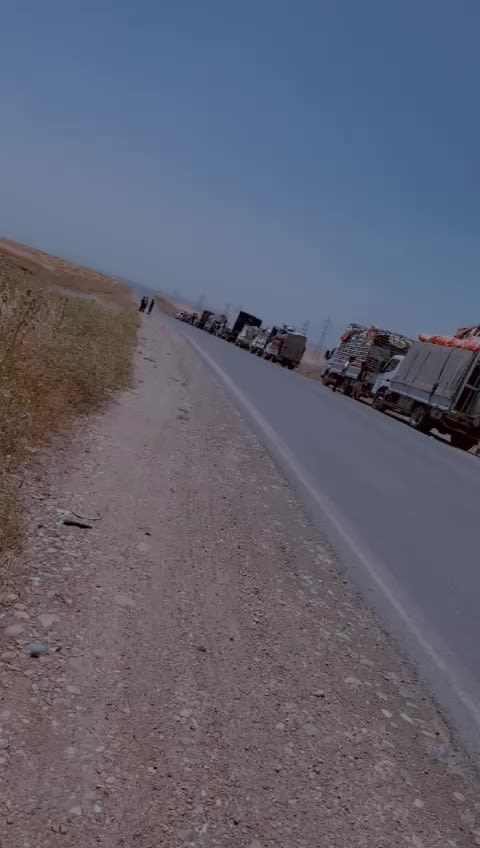
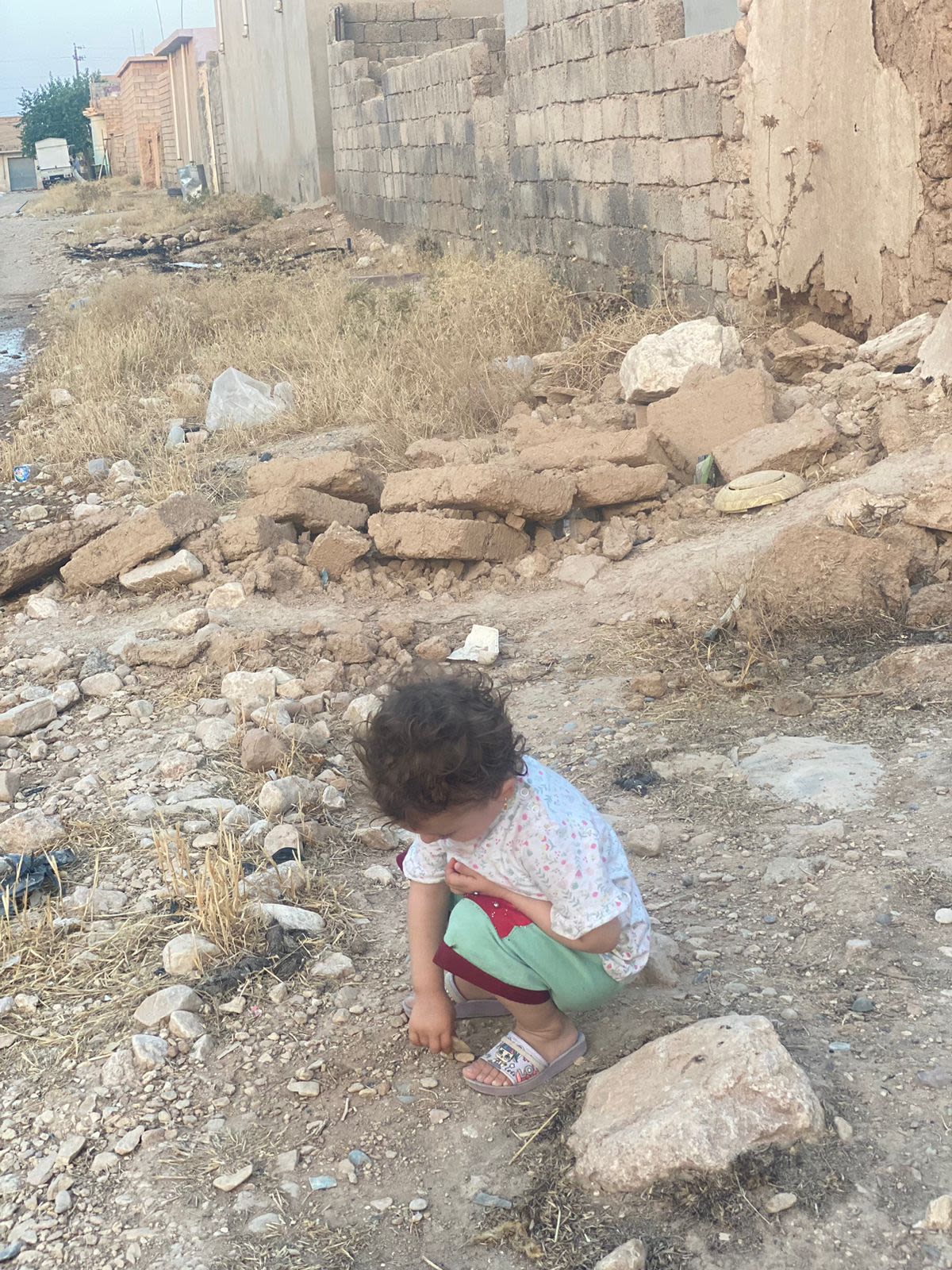
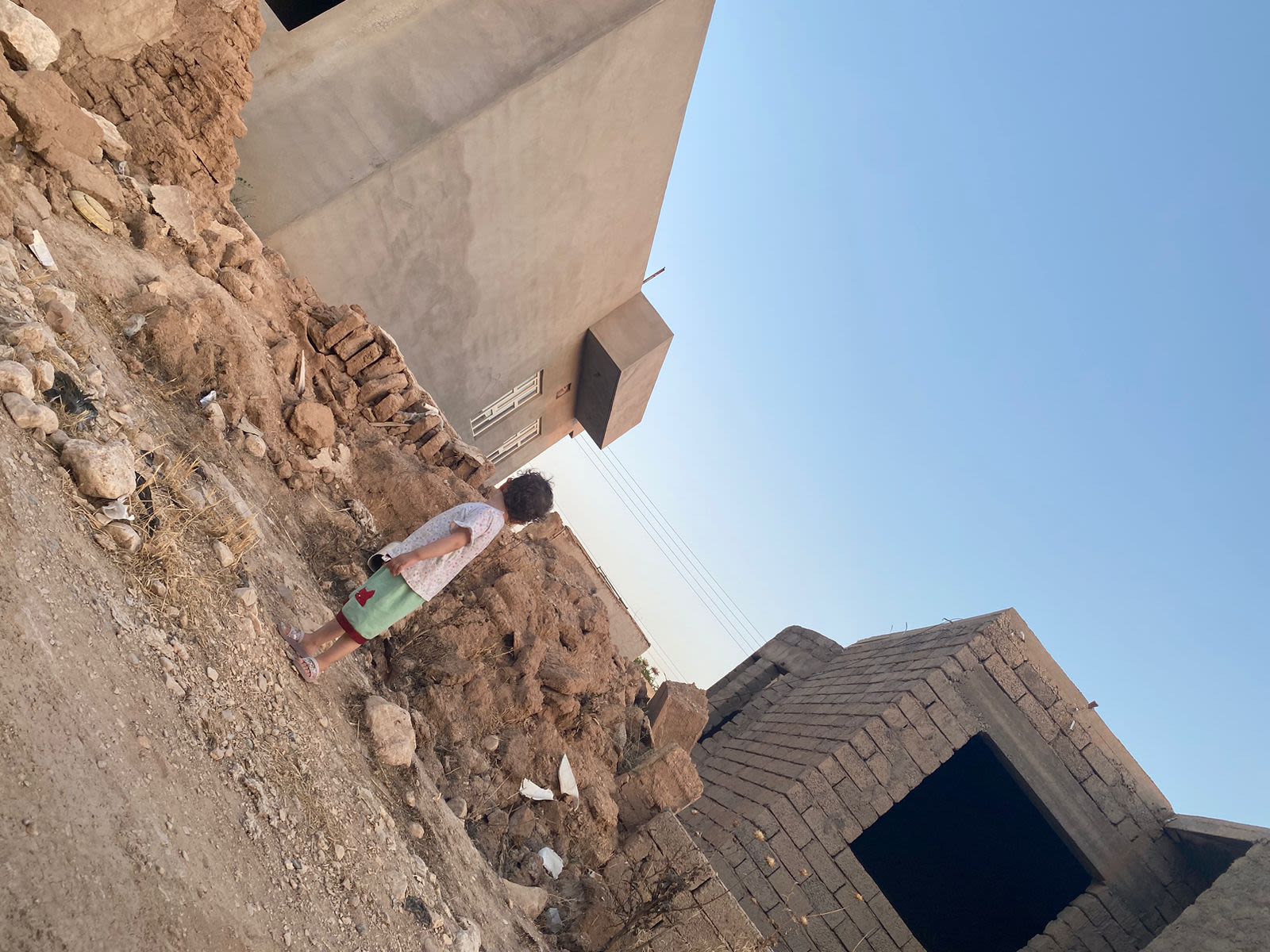
I always wanted to return to our village, to the same house, and for everything to be how it was. Aside from those who went abroad, all of us that remained want to go back.
All our names are registered with IOM to return back to our neighbourhoods and villages. We wrote our names on a list. They select several families from each camp and in accordance with what neighbourhood and village they came from, and then they then choose household by household.
We don’t know when our names will be chosen.
[Since this interview, Saada and her family managed to return back to Dugure through support from IOM]
Our life and childhood is in Sinjar and we wanted to go back. Our house reminds me of the joy of my childhood and the carefree life we lived. It was safe and comfortable. We don’t have anything to feel comfortable here. Although there is more security in Sharya, we hope that this will be the case in Sinjar too so that we can return.
In addition to security, water and electricity is scarce in Sinjar. People are still buying drinking water.
My vision for the future of Sinjar is for everything to be like before the genocide. I also hope that our country will acknowledge the genocide that happened to the Yazidis, and to hold people who committed the genocide accountable.
I want the government to build new houses for the people who lost everything and provide public services, water and electricity.



